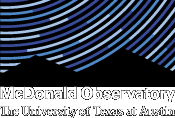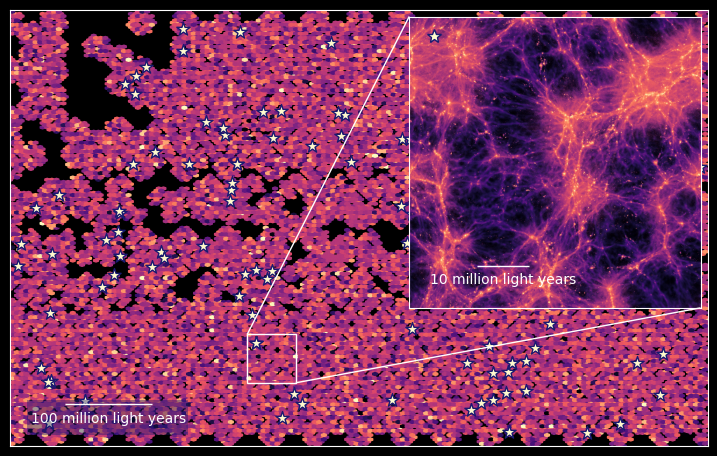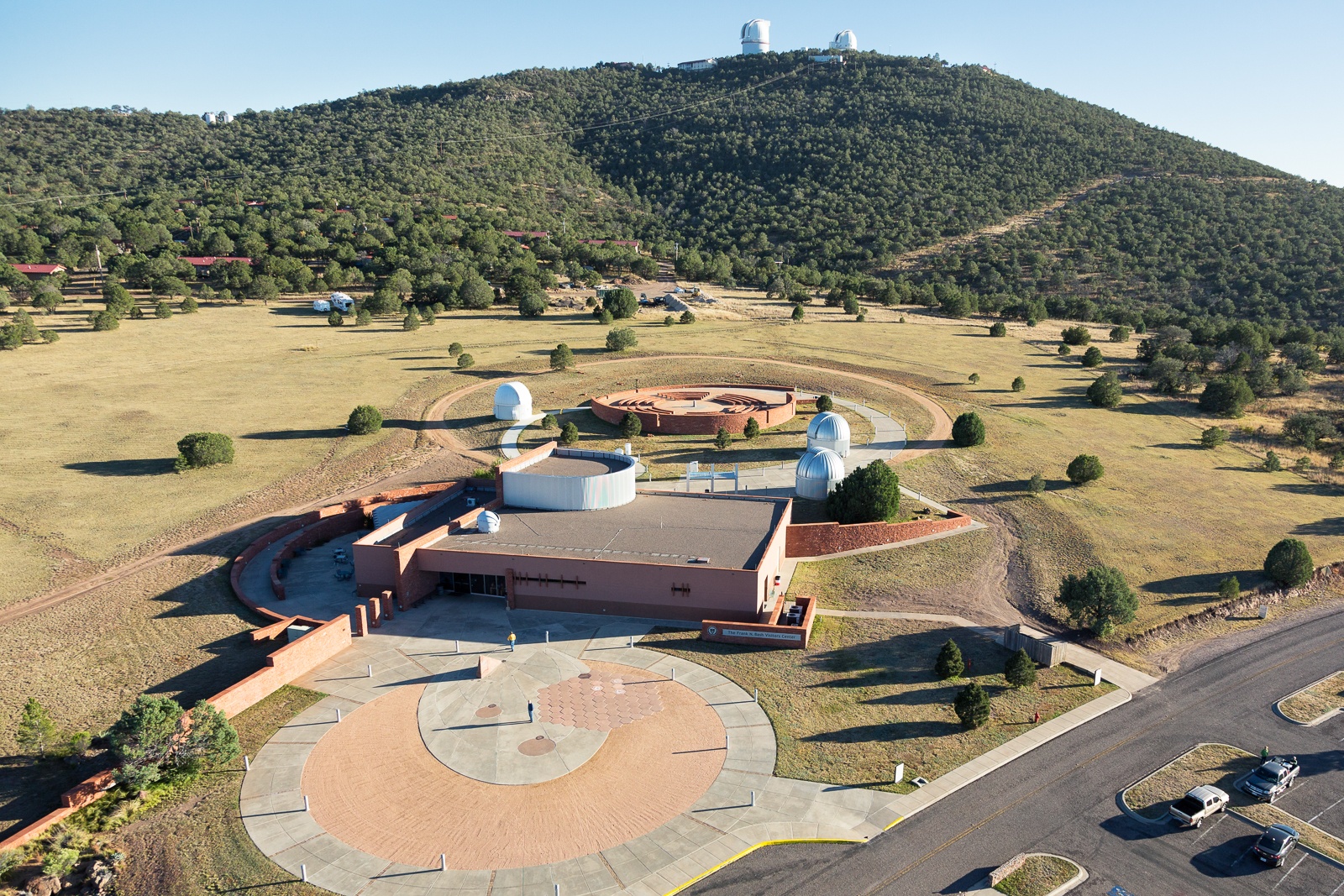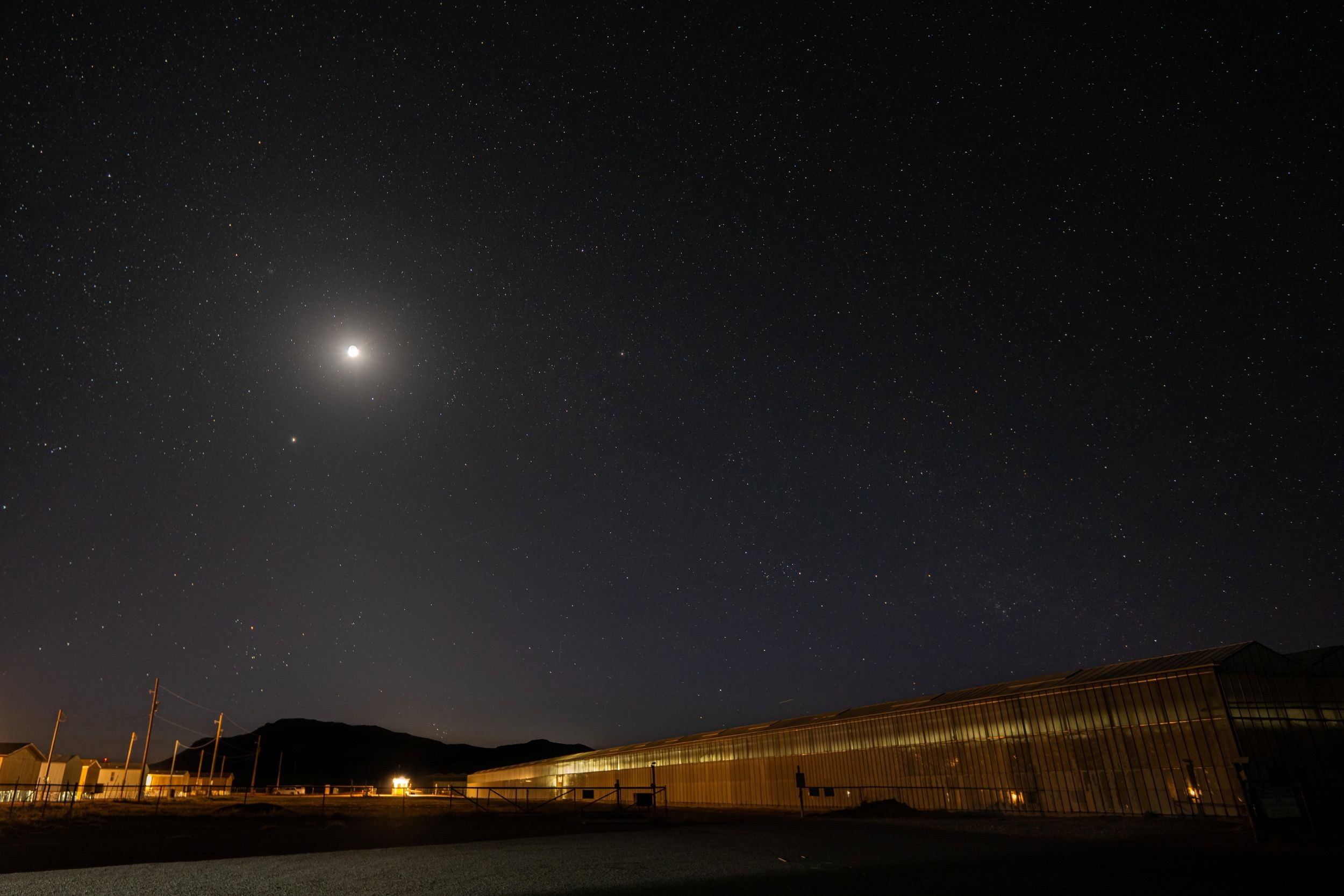Spica, the leading light of the constellation Virgo, is close to the lower left of the Moon as they climb into view late this evening. They will move closer together during the night. The bright star will stand above the Moon as they rise tomorrow night.





